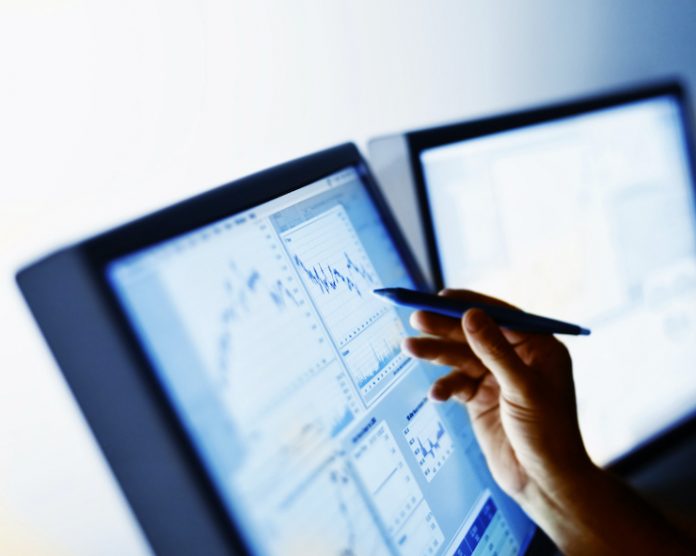Since the pandemic, innovations in technology have transformed hotel operations. The industry has experienced widespread adoption of contactless solutions, IoT-enabled guest amenities, AI-supported operational systems, and more. In the wake of this new digital era, some suggest that systems like PMS are becoming obsolete. However, as the only system in the hotel sphere that connects to every part of a property’s business, the PMS is a critical data hub with the potential to transform a property’s operational efficiency.
In an era where connectivity is vital to the hospitality industry, the consolidation of property and guest data by a PMS solution can play a role in a hotel’s recovery. As PMS providers continue to offer solutions geared towards the integrated use of hotel data, there are three operations that PMS can transform.
Room Rate Optimization
Room rate optimization is vital, but demand in the post-pandemic market is unpredictable. With resources more constrained than ever, hoteliers hesitate to bring back revenue managers or integrate high-cost RMS platforms. However, as the central hub for the collection and distribution of data, a hotel PMS can help hoteliers simplify the rate optimization process.
The PMS collects valuable data points needed for room rate optimization strategies, such as the guest profiles and historical rate information from across all property systems. Solutions can compile data points into simplified reports, assisting hoteliers in making informed rate decisions. When integrated alongside other solutions—such as rate shopping platforms and competitor data analysis systems—a PMS can be a powerful source of critical historical data.
PMS solutions also offer automated functions that take away the guesswork of rate optimizations, such as automatically raising or lowering room rates based on changes in occupancy. This allows hoteliers to respond more quickly to fluctuations in demand, maximizing both rate and occupancy levels.
Labor Management
As the industry wrestles with a labor shortage, operational efficiency is a priority for most hoteliers. A hotel PMS can help hoteliers manage all operations from a single point, reducing unnecessary processes and streamlining operations through the PMS system.
Check-in is a crucial example of this. Traditionally, when the front desk staff checks in a guest, one system is used to access a guest’s reservation information, but the creation of a key card takes place on a separate, disconnected system, which requires the manual input of reservation data. However, a modern PMS can integrate both systems and generate a key at once, or, if a guest prefers, deliver it to their mobile device. Not only is the check-in process simplified, but front desk staff is given instant access to critical guest profiles, such as preferences and stay history, allowing them to create a more personalized check-in experience.
As a central hub for guest operations, PMS also simplifies automated services. Guest communications, such as welcome messages and maintenance requests, can be automatically sent and received through the PMS, and housekeeping management can use reservation information to manage and assign tasks. When a PMS offers mobile compatibilities, entire hotel operations can be managed and accessed through a smartphone device, saving time and improving overall operations.
Enhanced Guest Experience
Today’s guests expect personalized experiences and quick, seamless services. A modern PMS contains information critical to delivering the experiences that guests now expect. As guest information changes, such as stay extensions and special requests, the PMS is continually updated with the most relevant information, allowing staff to cater to individual needs.
System integrations like energy management controls, contactless check-in, and check-out services can also give guests a personalization aspect during their stay. Guest preferences are also stored in the PMS for future stays. Not only can these integrations give guests more control over their experience, but the automation of services such as contactless check-in and check-out can allow for swift, seamless responses, ensuring glowing guest satisfaction.
As the role of hotel PMS continues to evolve, its ability to serve as a central data point can transform a property’s operational efficiency. By using it to integrate guest and property data across a property’s technology stack, the right PMS can be a crucial tool in the industry’s recovery.











